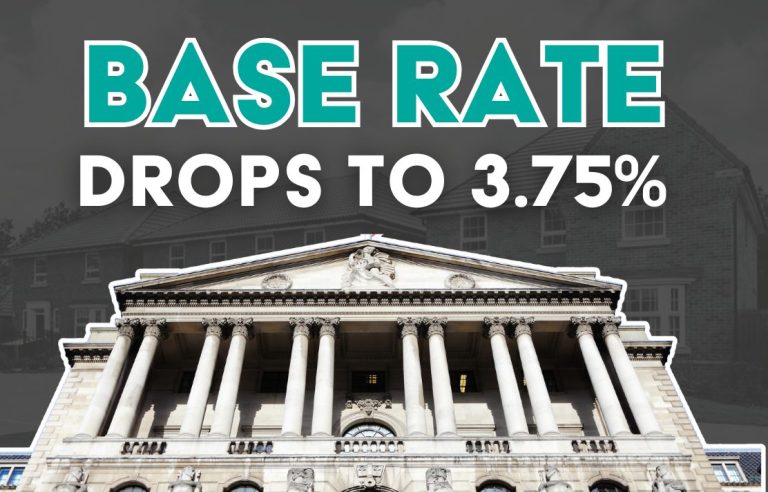If you’re thinking about investing in property to rent out, you’re not alone. Buy-to-let has been a popular choice for UK investors looking to generate some extra income or build long-term wealth. But before you take the plunge, it’s important to get to grips with one of the key aspects of property investing.
So, how do buy-to-let mortgages work?
Deposit Requirements
Lenders usually ask for a deposit of at least 20%–25% of the property’s value. Some may require as much as 40%, especially for higher-risk borrowers or less popular property types.
Rental Income Calculations
Lenders will want to see that the expected rental income will cover 125% to 145% of the mortgage repayments, even if interest rates rise. This is known as the Interest Coverage Ratio (ICR) and forms the core of affordability checks.
Interest-Only vs Repayment
Most buy-to-let mortgages are interest-only, meaning you pay only the interest each month, not the loan itself. This keeps monthly costs low, but you’ll need a repayment strategy for when the term ends.
Some landlords opt for repayment mortgages if they want to build equity or reduce long-term risk.
Who Can Get A Buy To Let Mortgage?
To qualify, most lenders will require that you:
- Are at least 21 years old (some start at 18, others at 25)
- Own a home already (some accept first-time buyers, but fewer)
- Have a good credit history
- Can provide a larger deposit (20–40%)
Being self-employed isn’t necessarily a problem, but you’ll need 1–3 years of reliable accounts or SA302s.
Costs & Fees To Consider For A Buy To Let Mortgage
Upfront Costs:
- Deposit: Minimum 20–25%
- Valuation fees: £150–£1,500+
- Arrangement fees: Often 1–2% of the loan
- Legal fees: £500–£1,500
Ongoing Costs:
- Mortgage interest
- Landlord insurance
- Letting agent fees (typically 8–15% of monthly rent)
- Maintenance and repairs
- Void periods (when the property is empty)
Risk & Considerations For A Buy To Let Mortgage
Rising interest rates are affecting your ability to meet mortgage payments.
Void periods where no rent is coming in.
Falling house prices reduce your capital gains.
Tenant issues, including late rent or property damage.
Regulatory changes – including EPC rules and local licensing schemes.
Landlords must now comply with a range of standards including gas safety, fire regulations, deposit protection, and the upcoming EPC rating minimum of C for new tenancies (from 2025).
Is A Buy To Let Mortgage Right For You?
A buy-to-let mortgage can be a powerful wealth-building tool, but it’s not for everyone. Success depends on your ability to choose the right property, understand your finances, and navigate regulations.
Ask yourself:
- Can I cover costs during void periods?
- Do I have a solid plan for maintenance and tenant management?
- Have I factored in all the taxes and fees?
Still unsure? Explore our Buy-to-Let Guide to assess whether it’s the right strategy for you
Understanding how do buy to let mortgages work is the first step towards becoming a successful landlord in the UK. It’s a competitive and sometimes complex market, but with the right knowledge, planning, and risk management, buy-to-let can still offer long-term returns.
Before committing, make sure you compare deals, forecast rental income conservatively, and consult a broker or independent adviser.
Thinking About Your Next Property Investing Move?
Still wondering how do buy to let mortgages work? At UKMC, we specialise in helping landlords secure the right Buy to Let mortgage for their needs. Whether you’re starting out or scaling up, we’ll give you clear, honest advice, no jargon, no pressure.
Call us- 01925 573328
Email- hello@ukmc.co.uk
Or fill out our contact form and one of our friendly advisers will be in touch.
UK Mortgage Centre is a trading style of Refresh Mortgage Network Limited. Refresh Mortgage Network Limited is authorised and regulated by the Financial Conduct Authority. FRN – 826982. Registered in England & Wales: 11614569. As a mortgage is secured against your home, it could be repossessed if you do not keep up the mortgage repayments. The Financial Conduct Authority does not regulate some forms of buy-to-let mortgages. The Financial Conduct Authority does not regulate will writing and taxation and trust advice.







